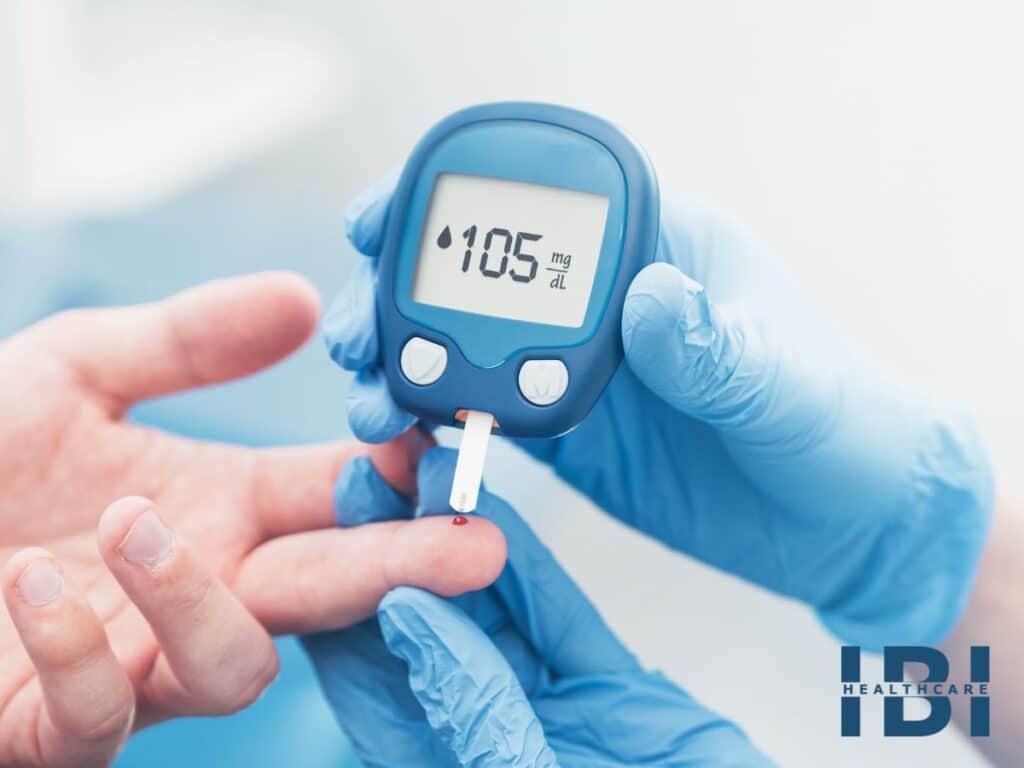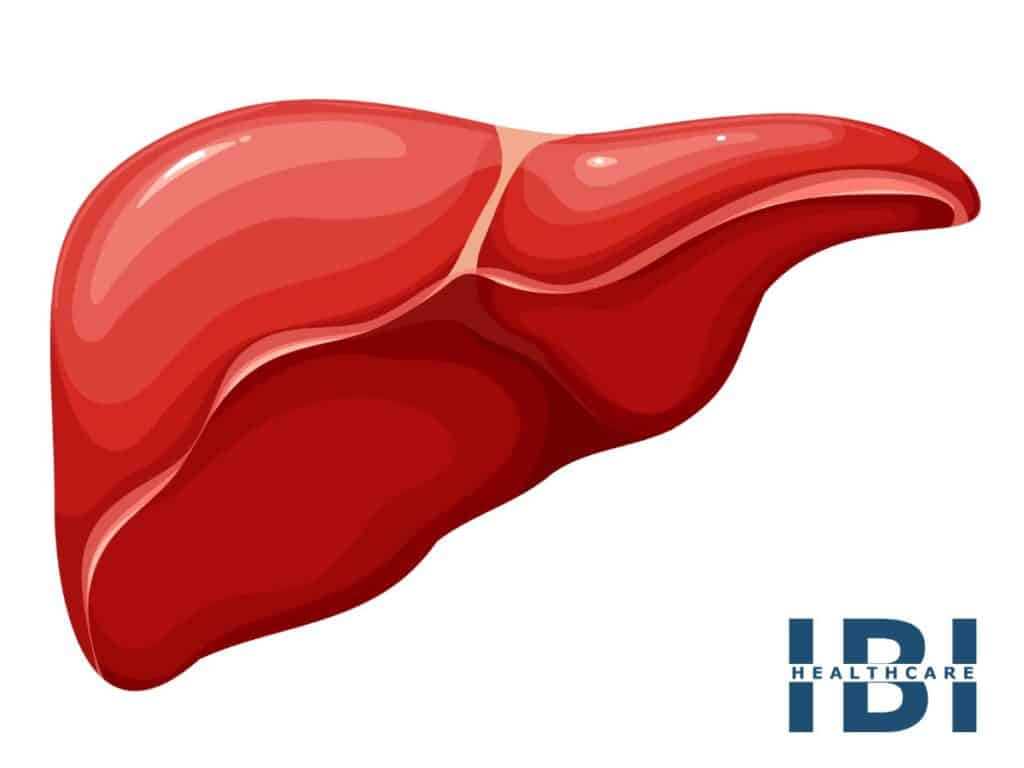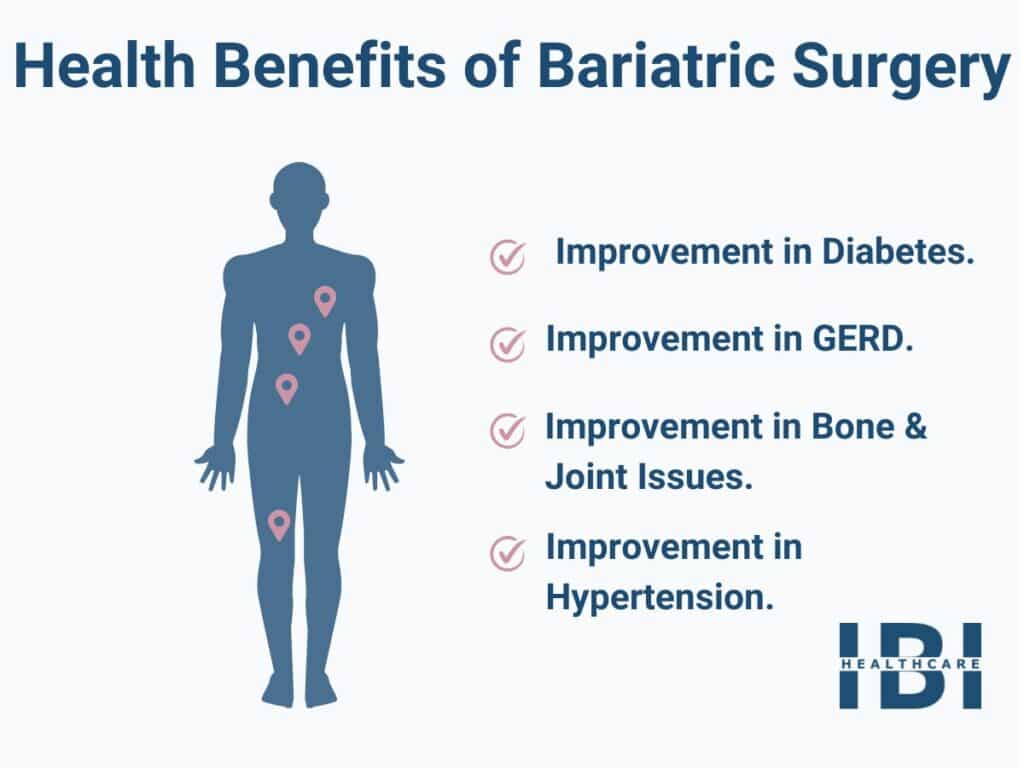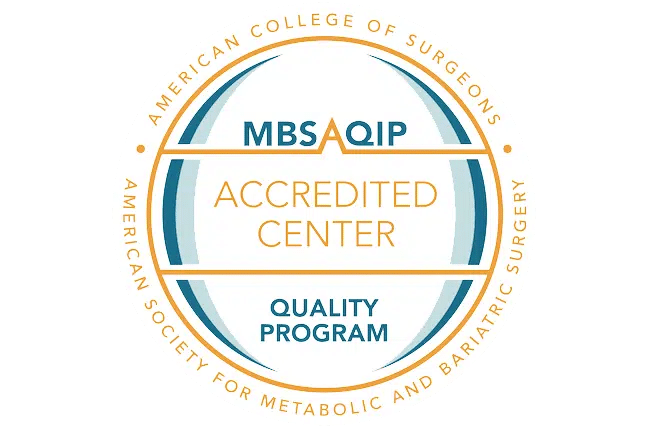Diabetes, particularly type 2 diabetes, is a chronic disease that affects millions of people worldwide. From the moment of a diabetes diagnosis, managing body weight becomes a crucial aspect of controlling blood glucose levels. One question that frequently arises among individuals diagnosed with diabetes is whether weight loss can reverse diabetes. Medical professionals have deeply explored obesity as a critical factor in diabetes development. This article discusses how weight loss may lead to diabetes remission and better health.

Understanding Type 2 Diabetes
Type 2 diabetes happens when the body resists insulin or produces too little to control blood glucose. This resistance raises blood sugar and can cause health issues, like kidney disease, nerve damage, and heart problems.
The American Diabetes Association notes that while there’s no cure for type 2 diabetes, remission is possible. Remission means managing diabetes without medication while keeping blood glucose in a healthy range. Significant, lasting weight loss often plays a key role in reaching remission.
Weight Loss and Insulin Resistance
One of the most important factors in reversing diabetes is reducing insulin resistance. Insulin is a hormone produced by the pancreas that helps regulate blood glucose levels by allowing glucose to enter cells for energy. When the body becomes resistant to insulin, glucose remains in the bloodstream, leading to elevated blood sugar levels.
Weight loss can help reverse insulin resistance, improve glycemic control, and lower blood sugar levels, and may reverse diabetes. In many cases, individuals who experience significant weight loss also see a substantial improvement in their ability to use insulin properly.
What is Diabetes Remission?
Diabetes remission refers to the normalization of blood glucose levels without the use of diabetes medications or insulin for at least three months. Achieving remission does not mean that diabetes is cured—rather, it indicates that the disease is well-managed without the need for ongoing medication.
Research shows that weight loss plays a key role in achieving and maintaining diabetes remission. Individuals who lose weight can reduce their risk of complications and often see improvements in overall blood pressure, blood glucose, and cholesterol levels.

The Impact of Body Weight on Diabetes
Carrying excess weight, particularly around the abdomen, is a major risk factor for developing type 2 diabetes. Abdominal fat is metabolically active and contributes to insulin resistance, which makes it harder for the body to regulate blood sugar. When individuals lose weight, they often reduce fat deposits around critical organs, improving their ability to manage blood sugar levels.
Can Weight Loss Reverse Diabetes?
Multiple clinical trials and studies have confirmed that weight loss can reverse diabetes in some individuals. These studies focus on people who achieve substantial and sustained weight loss through lifestyle changes such as diet and exercise or through bariatric surgery. In many cases, individuals who lose a significant amount of weight can stop taking diabetes medications and achieve normal blood sugar levels without needing insulin.

Low-Calorie Diets and Diabetes Reversal
Several studies have shown that a low calorie diet or a very low calorie diet (VLCD) can lead to diabetes remission. One randomized controlled trial published in the Lancet Diabetes journal demonstrated that participants who followed a very low calorie diet for eight weeks experienced significant reductions in blood sugar levels. This study highlighted the potential of a VLCD as an effective remission strategy for type 2 diabetes.
The Role of Bariatric Surgery in Diabetes Remission
For individuals with obesity or those who struggle with excess weight, bariatric surgery can be an effective tool for the reversal of diabetes. Procedures such as gastric bypass or metabolic surgery significantly reduce the size of the stomach, limiting food intake and leading to rapid weight loss. Studies show that individuals who undergo bariatric surgery often achieve diabetes remission and experience dramatic improvements in their glucose control.
Sustained Weight Loss is Critical
While initial weight loss can lead to improvements in blood glucose levels and diabetes remission, maintaining this weight loss is equally important. Individuals who have lost weight must adopt long-term lifestyle changes to prevent regaining the weight they’ve lost. Weight gain after remission increases the risk of increased blood glucose levels and the return of diabetes symptoms.

Intensive Lifestyle Interventions
Research shows that an intensive lifestyle intervention that includes dietary changes, regular exercise, and behavioral therapy can help individuals achieve significant weight loss and reverse diabetes. The Diabetes Prevention Program and similar studies emphasize the role of lifestyle interventions in improving health outcomes for individuals with type 2 diabetes.

How Does Weight Loss Improve Pancreatic Function?
Significant and sustained weight loss has been shown to restore some degree of normal pancreatic function. The pancreas is responsible for producing insulin, and reducing excess weight can help improve the body’s ability to regulate blood sugar levels. In some cases, individuals who have achieved diabetes remission have seen their insulin-producing cells regain function, allowing for better overall glucose control.
Clinical Trials Supporting Diabetes Remission Through Weight Loss
Several important clinical trials have studied the link between weight loss and achieving remission of type 2 diabetes. These studies, including the DiRECT study (Diabetes Remission Clinical Trial), have shown that losing 10-15% of body weight can lead to remission in many patients. Participants in these trials followed a low calorie diet or very low calorie diet, combined with lifestyle changes such as increased physical activity.

Weight Loss and Blood Sugar Control
Losing excess weight improves the body’s ability to control blood sugar levels by reducing insulin resistance. With improved glucose control, many patients are able to achieve better overall health and reduce their risk of diabetes-related complications, such as heart disease, nerve damage, and kidney disease.
Metabolic Syndrome and Weight Loss
Metabolic syndrome, a cluster of conditions including high blood pressure, high blood glucose, and excess fat around the waist, increases the risk of type 2 diabetes. Individuals with metabolic syndrome who experience sustained weight loss can see dramatic improvements in their health, including a lower risk of developing diabetes or reversing diabetes if it has already been diagnosed.

The Role of Family History and Genetics in Diabetes
While genetic predisposition plays a role in the development of type 2 diabetes, lifestyle factors such as diet and exercise are often more influential. Even for individuals with a strong family history of diabetes, losing weight and making lifestyle modifications can significantly reduce the likelihood of developing diabetes or improve health outcomes for those already diagnosed.

The Benefits of Bariatric Surgery for Diabetes patients
For individuals struggling to lose significant amounts of weight through diet and exercise alone, bariatric surgery or metabolic surgery may be an effective option for achieving diabetes remission. Bariatric surgery has been shown to lead to sustained weight loss, improved glucose control, and reduced need for diabetes medications.
Managing Diabetes After Achieving Remission
After achieving type 2 diabetes remission through weight loss, maintaining healthy habits is crucial to prevent relapse. Ongoing blood glucose monitoring, healthy eating, exercise, and stress management support remission.
Can Everyone Achieve Diabetes Remission?
Not everyone achieves diabetes remission with weight loss; factors like diabetes duration, pancreatic function, and genetics also play a role. However, research consistently shows that weight loss is a powerful tool in managing and potentially reversing type 2 diabetes.
The Role of Low-Calorie and Very Low-Calorie Diets
A low or very low-calorie diet can jumpstart weight loss and improve blood glucose in people with type 2 diabetes. Studies support VLCDs as effective for lowering blood sugar and achieving diabetes remission.
Long-Term Success with Lifestyle Changes
Diabetes remission is often possible with lifestyle changes, but long-term success requires maintaining them. Regular exercise, balanced meals, and stress management improve health and reduce medication needs.
Diabetes Care After Weight Loss
For individuals who have achieved remission of type 2 diabetes, continued diabetes care is crucial. Regular blood tests, exercise, and avoiding high-fat, high-calorie foods help maintain remission and boost overall health.
Bariatric Surgery and Reversing Diabetes
Bariatric surgery, like gastric bypass, often leads to rapid weight loss and type 2 diabetes remission. Many patients stop diabetes medications and gain better blood sugar control.
The Role of Clinical Trials in Understanding Diabetes Remission
Ongoing clinical trials are exploring new ways to achieve and maintain diabetes remission. Trials, including those in reputable journals like NEJM, offer valuable insights into the link between weight loss and diabetes reversal.
How Much Weight Do You Need to Lose to Reverse Diabetes?
Losing 10-15% of body weight can significantly improve blood glucose and may lead to diabetes remission. For some individuals, even more substantial weight loss may be necessary to achieve full remission.
Common Challenges and Solutions
Achieving and maintaining diabetes remission can be challenging, but several strategies can help. Here are some common challenges and solutions:
-
Challenge: Staying motivated for lifestyle changes. Solution: Set realistic goals, find support, and track progress to stay motivated.
- Challenge: Managing cravings for unhealthy foods. Solution: Plan meals, find healthy alternatives, and practice mindful eating to control cravings.
-
Challenge: Managing stress and emotional eating. Solution: Use stress-reducing techniques and find healthy emotional outlets like journaling or talking to a friend.
Addressing these challenges and solutions can help individuals with type 2 diabetes achieve and maintain remission.
The Future of Diabetes Treatment
As research continues, new remission strategies are being developed to help individuals manage and potentially reverse type 2 diabetes. Advances in metabolic surgery, lifestyle interventions, and diabetes care offer hope for individuals looking to achieve lasting reversal of diabetes.

Schedule a Consultation with IBI Healthcare to Start Your Weight Loss Journey
If you’re looking to reverse diabetes through significant weight loss, IBI Healthcare can help. Our expert team has the knowledge and skills to guide you toward better health.
Schedule a consultation today to take the first step toward achieving your weight loss goals and improving your overall health.











